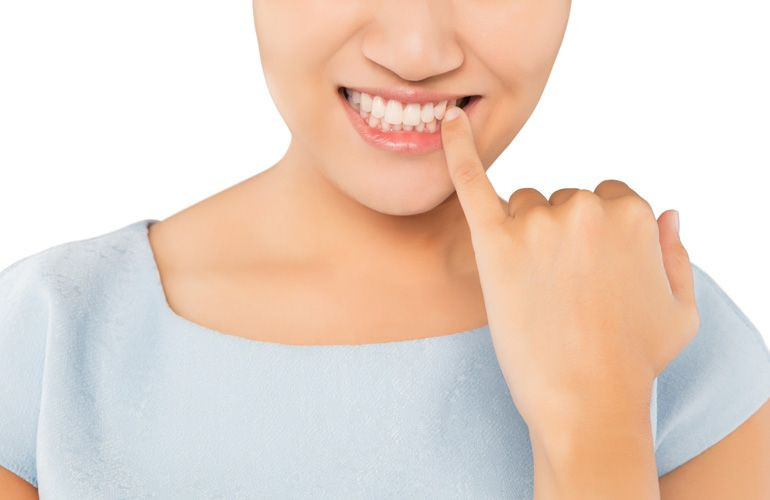Gum recession is often neglected, primarily because most people don’t notice it. This condition is one that is slow-moving, which is why many sufferers don’t really see it occurring until it is too late. However, it is time to start paying attention and caring about it, especially if you’ve already been given a heads up from your dentist. Gum recession occurs when your gum tissue starts to pull away from the teeth. It can expose an infected tooth up to the roots, leaving you susceptible to a whole different host of oral health problems, such as tooth loss or weak bone structure.
Receding gums are common in older people, but there are other factors that can cause your gum tissue to retract prematurely. These include genetics, gum disease, hormonal changes, misalignment of teeth, grinding, clenching, smoking tobacco, brushing aggressively, insufficient dental care, and poor oral hygiene.
Receding gums come with unpleasant symptoms
Gum recession can lead to undesirable symptoms as the condition progresses. You may experience bleeding after brushing or flossing, inflammation, pain, and redness in the gums. You may develop bad breath and increased sensitivity to hot or cold foods and drinks. You may also notice aesthetic changes, such as your teeth looking longer.
Here are three things that can occur when your gums recede:
1 - Bacteria buildup
As the gum recedes, there will be a gap left on the top of your teeth. The gap becomes a perfect place for bacteria buildup, which can lead to dental caries and other diseases.
2 - Plaque and tartar buildup
Tiny food particles and debris can get stuck in the gap between your teeth and gums. They are hard to clean out, which can lead to a buildup of plaque and tartar. Consequently, the buildup can lead to other gum issues and oral health problems.
3 - Tooth loss
When left untreated, your gums can recede up to the point that your tooth’s roots are exposed. It can lead to an advanced form of gum disease called periodontitis, wherein the bone structure and surrounding tissues become weaker. When that happens, there is a chance that your teeth will become loose and fall out. Not only is this unsightly, but it affects your entire mouth structure and will cost you much more than it would have, had you addressed it early on.
Receding gums need to be addressed
Regular cleaning and checkups are usually enough to treat receding gums during the early stages. However, if the condition is left unaddressed, more invasive treatments may be necessary. You may have to undergo surgical treatment, particularly when the gaps become too deep to clean or when bone loss has occurred.
Wrapping up
You should not ignore receding gums. If you notice any signs of the condition, consult your dentist immediately. Gum recession is manageable at the early onset, but when left unchecked, it can lead to more serious oral health problems that require complicated (and expensive) procedures. Practice proper oral hygiene, such as brushing your teeth twice a day and flossing daily. A regular visit to the dentist can help you detect any early signs of gum recession and ensure that a professional is helping you manage it accordingly to prevent further damage. Many oral health issues can be prevented with regular trips to the dentist.
If you’re looking for a local dentist to help you with your oral health, get in touch with us today for a free consultation!



